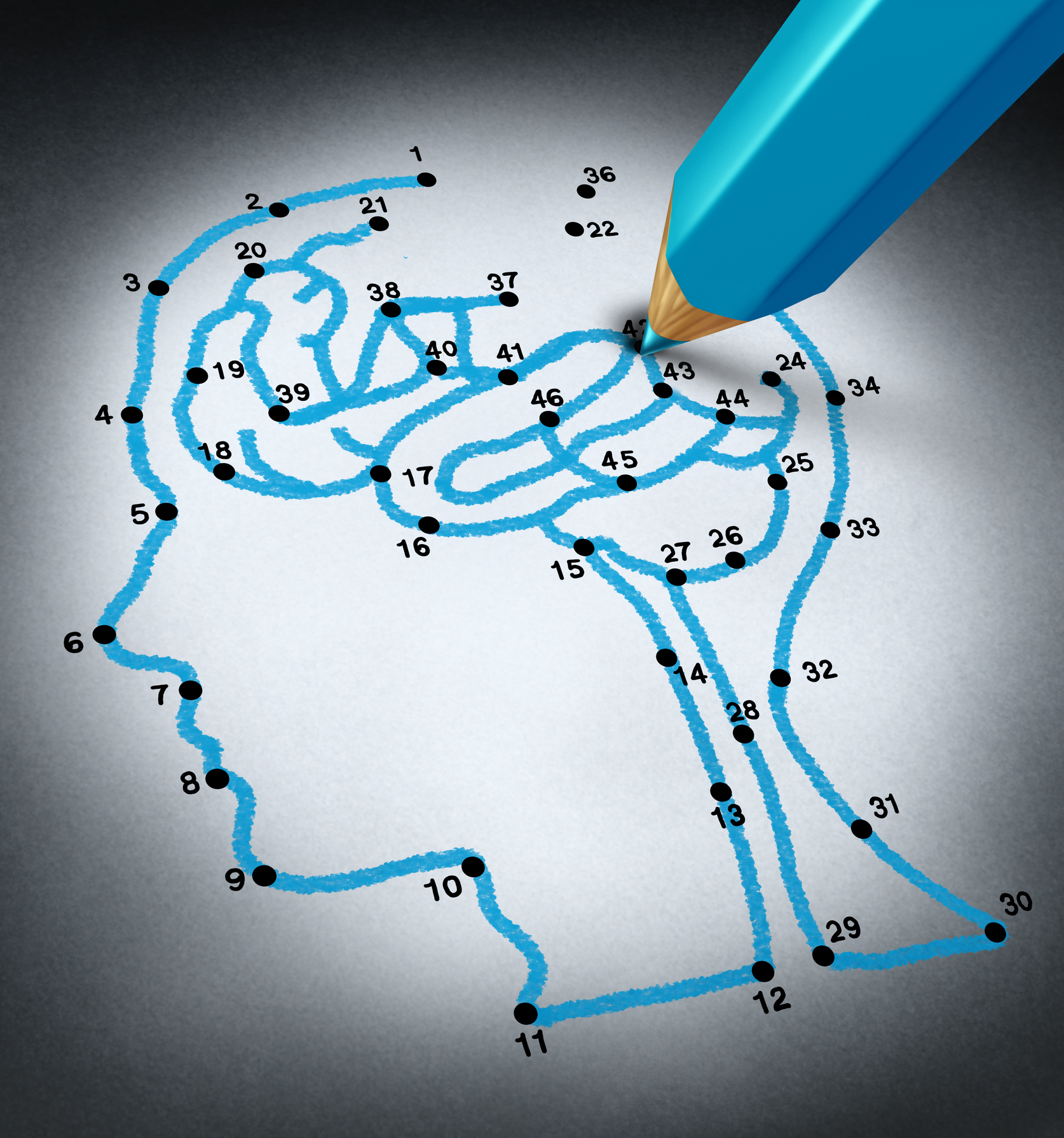Isolation has long been a growing health concern among elderly adults, especially those living in rural communities where transportation is not widely accessible. But the ongoing pandemic has highlighted how important social connection is for the overall well-being of not only seniors but people of all ages. The recent Canadian Brain Health Index survey confirms that among the areas that need addressing for seniors to thrive, loneliness, brain health research, and lifestyle supports rank as fundamental to improve healthcare for older adults.
According to a recent GlobeNewswire report, an Angus Reid poll of 1,510 Canadians was designed to help raise awareness about brain health and important funding for research into Alzheimer’s and related dementias. Respondents to the survey ranked residential care and dementia as the two top areas of focus for Canada’s aging population.
More than 564,000 Canadians live with Alzheimer’s or other forms of dementia and although it is not a normal part of aging, that number is expected to surge to 937,000 within 15 years as the Baby Boomer generation reaches retirement age and beyond.
With greater access to social programs and healthcare research, older adults can stay connected and help slow or prevent cognitive decline associated with aging. Creating more age-friendly communities and investing in residential care along with clinical research can help ensure a better old age for a growing proportion of the population.
Research has found that engaging in the community, participating in the arts, playing or learning an instrument, and learning a new language are some of the ways older adults can improve brain health and reduce the risk for cognitive decline. Staying physically active, continuing to learn new skills, and properly controlling any health conditions like diabetes or heart disease can significantly lower the risk for developing dementia or delay its onset.
Learn more about brain health by following this link to the Baycrest Foundation’s Brain Matters Magazine.






Add Your Voice
0 Comments
Join the Discussion